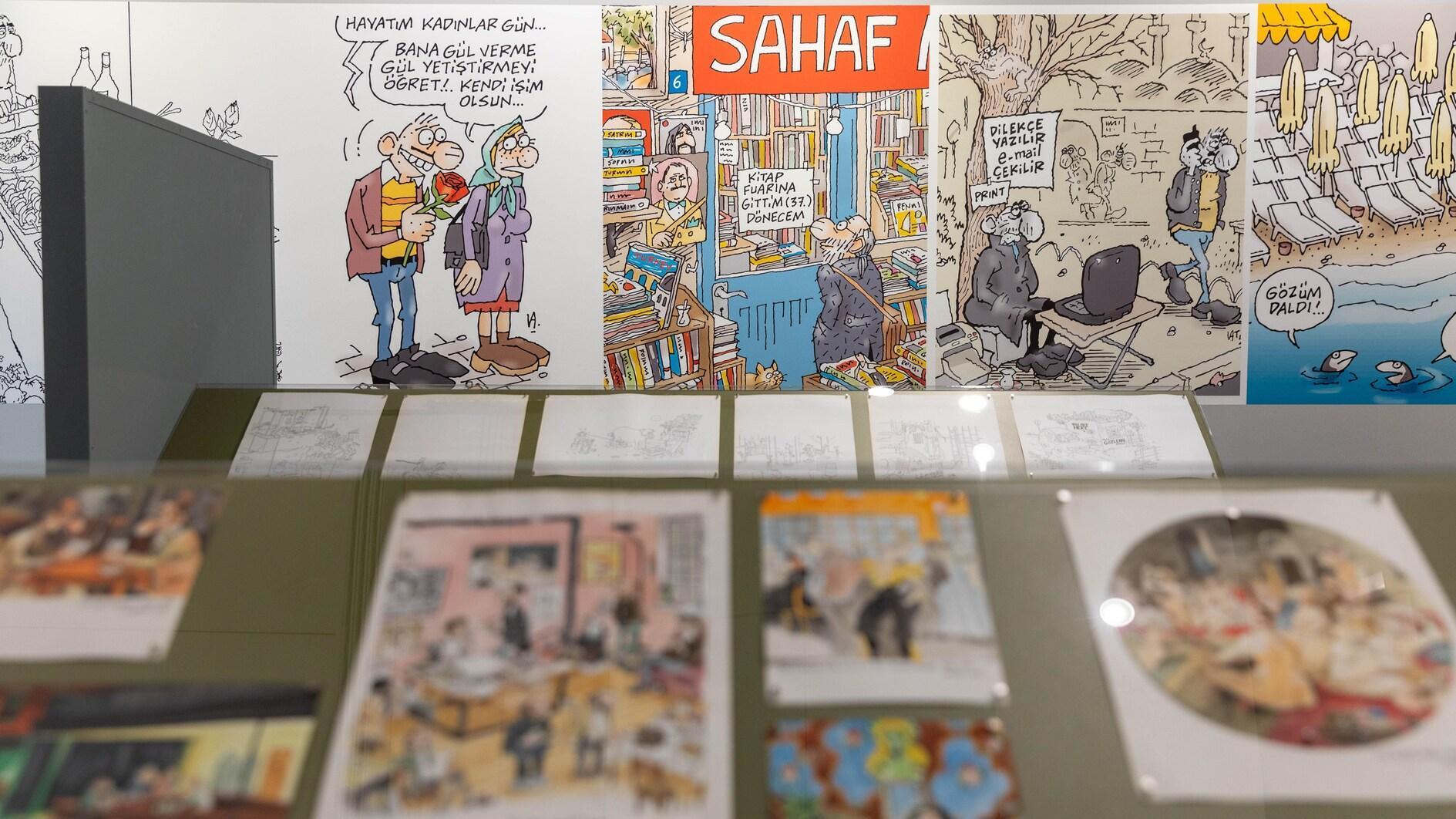The state of the psychological emergency and witch hunt
When there are emergency situations, a state which is under the rule of law does not resort to unlawfulness. It declares a state of emergency. A state of emergency is a legal regime with extended powers on security and investigations.
Yet when these extended powers are used in an excessive way, concerns about a “witch hunt” appear.
The government is aware of that. According to a news article that appeared in daily Hürriyet, a minister talked about a case during a cabinet meeting. “A rector informs against someone, claiming he is a member of the Fetullahist Terror Organization (FETÖ). When you look at it; the person comes out to be his rival in the election of rectors. He has no connection to the brotherhood whatsoever.”
“Don’t forget about facts, documents and conscience,” warned Prime Minister Binali Yıldırım.
Professor Aslı Baykal Ataman, the daughter of Deniz Baykal (the former head of the opposition Republican People’s Party), was about to be taken to the police station as part of the FETÖ operation. She was saved by the intervention of her father.
This is what Deniz Baykal said:
“My daughter has said she personally knows more than 100 academics whose offices were searched and were about to be taken to the police. She said they had no connection whatsoever with FETÖ.”
Professor Gençay Gürsoy said 4,225 persons from the academic world have been suspended, noting: “Some among them have nothing to do with FETÖ. I am sure of that as I am sure of myself.”
With which “facts, documents and conscience,” are the police taking these people “who have no connection whatsoever” into custody? How many innocent people are there among the more than 50,000 in custody or under arrest?
Accusing a competitor of being a FETÖ member to disqualify him from the race? I’d like to keep the Supreme Council of Judges and Prosecutors (HSYK) apart. Yet they consist of a group that has won the elections with the support of the Justice Ministry. Even if they might be people with good intentions, they have to have “facts, documents and conscience,” as a reference.
Diyarbakır Judge Muzaffer Şakar has been detained. His colleague, Orhangazi Ertekin, said he was among the few judges that fought against the Gülenists when they were at the peak of their power. The HSYK made public a list on July 16 of the judges and prosecutors who were suspended. There is a reference to that list, in the cliché decisions about some of the judges and prosecutors arrested. Yet they also note that the “concrete justification is not yet in the dossier, and that concrete facts are not yet included.” If the “justifications” and the “concrete facts,” that are assumed to be in the hands of the HSYK are absent in the criminal judge’s dossier, how can he take the decision to order an arrest?
These examples can only be explained by the “state of psychological emergency,” rather than law.
The impression of liquidation of not only FETÖ but also those judges and prosecutors who do not act in parallel with the executive will totally destroy the confidence in justice.
A lot of our journalist friends have been arrested just because they were professional columnists writing in the media of the brotherhood or like our friend Arda Akın, who only did journalism. Mass suspensions affect the lives of thousands of people. The government needs to be just as energetic in separating the guilty from the innocent.











